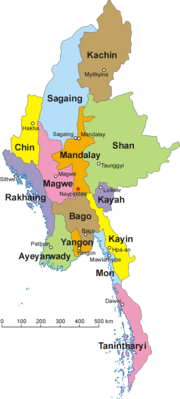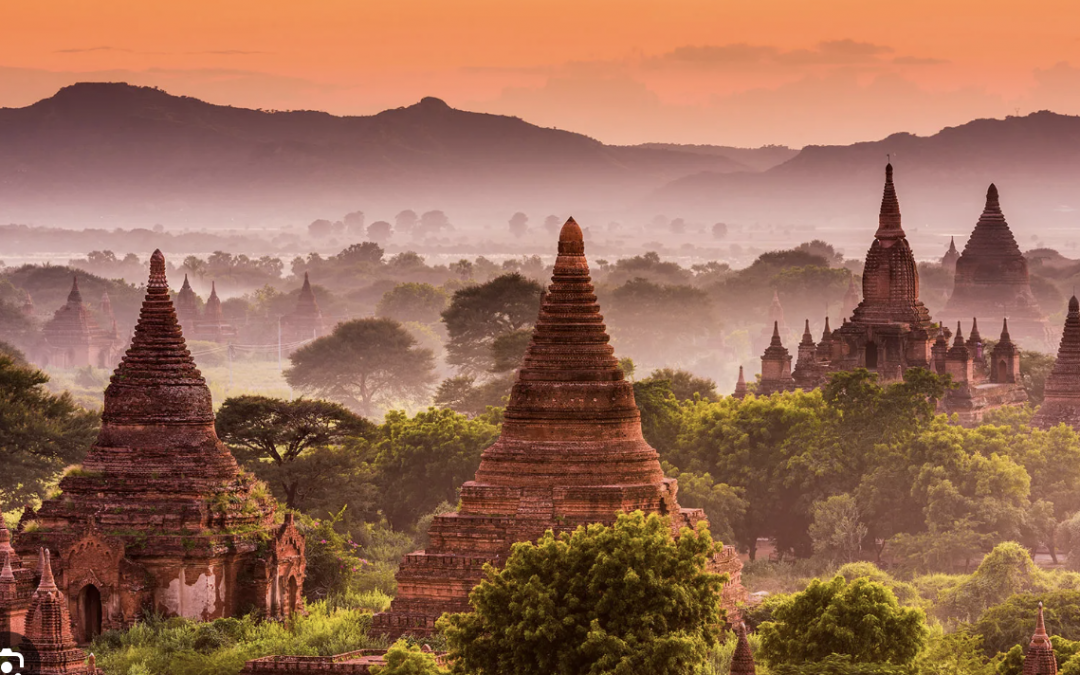A country double the size of Germany, home to 135 ethnic groups, and going through the world’s longest civil war is a missing piece of the world. I have only heard of Myanmar once in my life, and it was merely glossed over as “a part of Southeast Asia.” Never have my history textbooks touched on the history of Myanmar, not its ancient history of various kingdoms or its recent civil unrest.

With the ancient civilizations of India and China surrounding it, the history of Myanmar is largely forgotten and at most mentioned as a trading port between the two great powers. Yet, Myanmar has a distinct culture of its own. The language, Burmese, is heavily influenced by Buddhism and is vastly different from English. Composed of 33 consonants and extra marks to represent vowels and tones, Burmese is the product of thousands of years of trade between various kingdoms and ethnic groups. Even today, many Burmese words, particularly food dishes, are being adopted into the English language: namely, the tea-leaf salad rising in popularity called Lahpet.
While there has been a recent rise in Southeast Asian cuisine, where Americans are beginning to seek out Pad Thai from Thailand and Pho from Vietnam, Burmese cuisine is largely unheard of in America. Yet, when I tried Burmese Lahpet for the first time, I was amazed at all the textures represented in the salad and the strong savory and sour tastes, very different from the sweet dishes of Thailand. The cuisine here is influenced by it’s powerful neighbors of India and China, yet the traditional ingredients take on a very different twist once combined with products and techniques unique to Myanmar.
Aside from the rich culture of Burma, the historical conflicts are also distinguishing factors of the nation. Although we often hear of the American Civil War, the Syrian Civil War, and even the Chinese Civil War between the Communists and Nationalists, the Burmese Civil War outlasts them all and takes the infamous top spot as the “longest civil war in the world.” After gaining independence from the British in 1948, military coups have plagued the country, from the 28-year-long rule of General Ne Win to the recent 2021 coup d’etat orchestrated by General Min Aung Hlaing.

With its current internal conflicts and rich culture, Myanmar has no reason to be forgotten on the world stage, especially important today. An awareness of the country increases the likelihood that Burmese refugees of the war will receive greater support from the world, and perhaps one day, Myanmar will be free from military control; when that time comes, I’ll make sure to go visit that country and experience its wonderful culture that I have so luckily gotten to learn a little about through this course.
Source Picture 1: Wikipedia


Recent Comments